Your Toyota Tundra's fuel injection system comprises a pump, nozzles, and valves. When fuel reaches the injector, it releases a fine mist that is precisely metered and regulated electronically. This system ensures optimal engine performance and fuel efficiency by providing accurate measurements. You can see this in action in the image below, showcasing the robust design of the Tundra V8 engine.
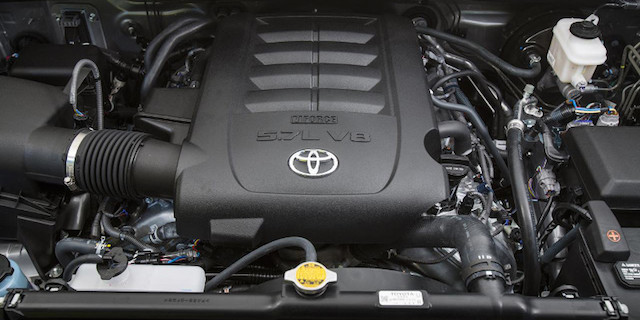
If you begin to notice a drop in power or performance, it might be time to replace one or more of your fuel injectors. This guide will walk you through the process of replacing them in your Toyota Tundra. If you’re in need of replacement parts, they can be sourced directly from the official parts store.
Common Causes of Injector Failure
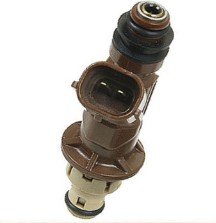 A fuel injector typically fails when contaminants such as dirt, water, or rust infiltrate the system, clogging the nozzle or causing the needle to become stuck. Often, this happens because of poor-quality fuel or prolonged contamination within the fuel system. Such impurities lead to corrosion and rust, which can cause significant damage over time.
A fuel injector typically fails when contaminants such as dirt, water, or rust infiltrate the system, clogging the nozzle or causing the needle to become stuck. Often, this happens because of poor-quality fuel or prolonged contamination within the fuel system. Such impurities lead to corrosion and rust, which can cause significant damage over time.
To prevent injector failure, maintaining a clean fuel system is key. Here are some practical tips to keep your fuel injectors in good condition:
- Avoid visiting gas stations during their initial delivery of fuel, as sediment can easily stir up and enter your vehicle's tank.
- Steer clear of using portable fuel tanks whenever possible to minimize the risk of contamination.
- Regularly replace your fuel filter as recommended (typically every 30,000 miles), and always opt for original equipment manufacturer (OEM) filters rather than cheaper aftermarket alternatives.
Tools Required
- Socket wrench
- Fuel injector kit
- Engine coolant
- Gaskets and O-rings
Step-by-Step Replacement Guide
- First, identify the correct injector kit for your specific Tundra model and year. OEM parts are highly recommended for reliability and compatibility (find out why OEM parts are ideal here).
- To ensure safety, relieve the fuel system pressure and disconnect the negative battery cable using a socket wrench. Drain the coolant properly and remove the V-bank cover.
- Using a socket wrench, carefully take off the air cleaner assembly and the intake manifold. Disconnect the fuel lines and cap them securely to avoid leaks.
- Unplug the fuel injector electrical connectors and remove the six mounting bolts securing the fuel rail. Once the injectors are detached from the rail, move the fuel rail aside. Carefully extract the old fuel injectors along with the worn-out O-rings and gaskets.
- Install the new fuel injectors, ensuring you use fresh gaskets and O-rings.
- Follow the removal steps in reverse order to reinstall everything correctly.
- Pour in fresh coolant and start the engine to verify everything is working smoothly.
- Inspect the area for any signs of fuel leaks.
Congratulations! You’ve successfully replaced your Tundra’s fuel injectors, and you should notice an improvement in both performance and fuel economy.
Related Articles
The Mainly products including Seamless brass tubes,Copper round tubes,Copper alloy tubes,
By light drawn and hard drawn process,with Drawn tempers H55,H80,Annealed temper O61,
Drawn and stress-relieved temper HR50.
We can produce as the international standards as follows:
ASTM B111M,ASTM B135M,ASTM B43M,ASTM B88MJIS H3000
DIN17664,DIN1785,
BS2871,BS EN12449
The Copper/Copper alloy/Brass tubes and Pipes with Normal Grade
UNS NO. C10100,C10200,C10300,C10800,C12000,C12200,C14200
UNS NO. C22000,C23000,C26000,C27000,C27200,C27400,C28000
UNS NO. C33000,C33200,C37000
UNS NO. C44300,C44400,C44500
UNS NO. C60800,C61400,C68700
UNS NO. C70400,C70600,C71000,C71500,C72200,C71640
Our cold drawn brass tubes sizes range from tube diameter 3-150mm,wall thickness
0.3-8mm mainly for the application of mechanical industry,condensor brass tubes,air
cooling system,heat-exchanger copper alloy tubes,chemical industry,etc.
copper alloy tubes,brass tubes,seamless copper alloy round tubes,brass round tubes,seamless brass tubes,square brass tube
Ningbo Huijie Steel Pipe Manufacturing Co.,Ltd , https://www.hjbearingtube.com

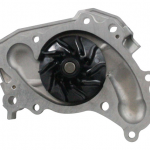 Toyota Water Pump Replacement – 16100-29085
Toyota Water Pump Replacement – 16100-29085
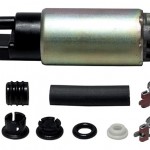 How to Replace a Toyota Camry Fuel Pump
How to Replace a Toyota Camry Fuel Pump
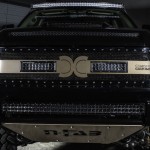 2014 Toyota Tundra SR5 Is a Show Stopper
2014 Toyota Tundra SR5 Is a Show Stopper
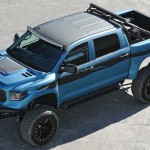 Video: Aphrodite Tundra Feature
Video: Aphrodite Tundra Feature
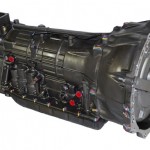 Toyota Tundra Troubleshooting: What to Do When Your Transmission is Slipping?
Toyota Tundra Troubleshooting: What to Do When Your Transmission is Slipping?
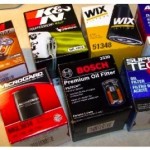 Oil Filter Comparison Determines Wix, K&N and Toyota Make Best Oil Filters
Oil Filter Comparison Determines Wix, K&N and Toyota Make Best Oil Filters